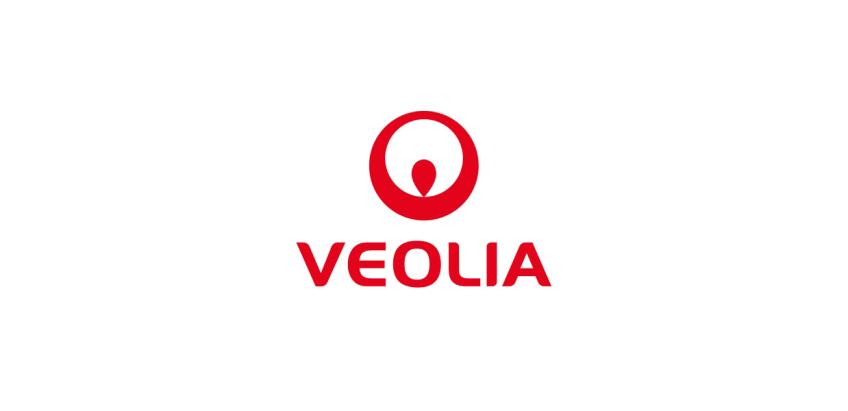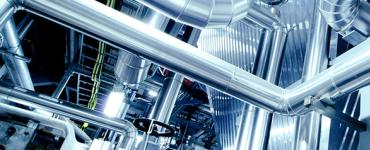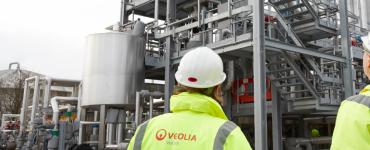- Home
- Case Studies
- Nuclear Decommissioning at Oldbury

Nuclear Decommissioning at Oldbury
Client's Needs
Oldbury Power Station, on the River Severn near Bristol, was commissioned in 1967. It had two Magnox reactors producing a total of 424 MWe. The station began to shut down in 2012 after producing some 137.5 TWh over 44 years of safe and successful operation. Generation ceased at the end of 2013 and Oldbury is now being defuelled Nuclear power generation at Oldbury consumed some 910m3/day of demineralised water for steam raising and cooling but, once generation ceased this reduced to about 26m3/day. This meant that the on-site demineralisation plant was larger than required and costly to maintain, so Magnox wanted to decommission and remove it. But they still needed a supply of demineralised water. They turned to Veolia Water
Our Solution
Veolia is currently providing the demineralised water requirement at Oldbury using a MODI trailer mounted mobile demineralisation plant. This provides ion exchange demineralisation using similar technology to the station’s
on-site plant but at the much reduced flow. Instead of insitu regeneration, when the ion exchange resins become exhausted the MODI trailer is simply returned to Veolia’s central media regeneration station. This means that there
is no requirement for chemicals or for effluent disposal which could create health and safety issues and interfere with the defuelling work. The MODI trailer is remotely monitored by Veolia and is currently changed every month. Magnox has calculated that this reduces the costs by 50% compared with operating the on-site plant and has also allowed early removal of the redundant demineralisation plant.
The Result
- Reduced costs by 50%
- 26m3/day demineralised water
- £150,000 per year savings
- MODI trailer changed monthly
- Reduced maintenance and manpower requirements













